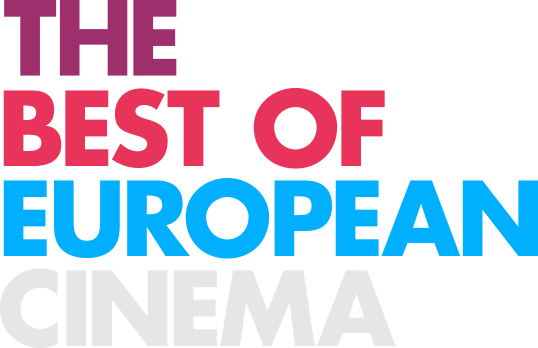“Belgium is the Hollywood of Europe”
Recently, French director Olias Barco (Kill Me Please) presented his latest work, the short film Raconte moi des salades, at the Berlinale. The ten-minute-long film unfolds over the time frame of a single day in the kitchen of his Brussels restaurant. Here, three religions and four nationalities are working together. The boss (Nicolas Buysse) can no longer pay his suppliers or his employees – and not even the gas bills. Things are hotting up and the tension is rising in the kitchen, where the staff are getting increasingly tired. The financial crisis is being focused within a 15m2 space…
Cineuropa: Why did you decide to shoot this short film?
Olias Barco: I wanted to tackle the subject of the financial crisis that we’re faced with today through this restaurant and through the staff who work there. I found it interesting to also talk about an African man, an Arabic man, a Belgian man and a Frenchman, and thus cover different nationalities and cultures. For me, the kitchen of a restaurant is a microcosm of the world – it’s contentious, but at the same time warm and welcoming. I wanted to talk about that, and I thought to myself that it would have been interesting to mix the kitchen staff with professional actors, in order make a frank and honest film. This short is a mix of fiction and documentary, and it tells the story of the irony of life and the problems that a restaurant boss is faced with, such as the difficulties in paying suppliers or the employees with all their problems.
How did you work with this team of professional and non-professional actors?
I worked with them before shooting: we did a sort of workshop, like you would in the theatre, where I made them work together and I forced them into confrontational situations. In the end, the non-professional actors took charge of the professionals and performed very well – it was very interesting.
As was the case for your last feature film, Kill Me Please, this time you collaborated with Guillaume and Stéphane Malandrin…
Guillaume and Stéphane are like family to me. They founded their own production company in Brussels, Altitude 100, and we co-produced RMDS together. Incidentally, it’s thanks to them that I left Paris to come and settle in Belgium, and I have to say that I’ve found an incredible atmosphere here, very friendly and cooperative, and there is no jealousy or petty-mindedness. I am very close to a whole bunch of directors, and every time we write a screenplay, we show it to each other, we make criticisms. We have a very honest relationship, and I think that’s terrific – it’s an atmosphere that I didn’t find in France.
You like Belgium a lot…
Yes, I like working in Belgium. There is more freedom, there aren’t those powerful economic players that there are elsewhere, and the whole system is sounder. And thanks to the Tax Shelter, directors have more opportunities.
Personally, I always say that Belgium is the Hollywood of Europe. It’s like an open-air film set. In Brussels you can film anything, you can take a stroll through the different neighbourhoods and you come across different eras, with those architectural contrasts lending credibility to all of the scenery. Brussels is an inspiration to me.
You switch between directing feature films and short films. What is your relationship with the short-film format?
Short films are a good way of educating young directors, but they are also still films in their own right and don’t entail the financial complications of feature films, of course. I don’t think of the short-film format as a less important work, and I think it’s normal for a feature-film director to be able to then do short films. For me, they are both equally worthwhile – it’s like a novelist who switches between writing novels and short stories.
What projects do you have on the horizon?
I have two of them. In view of the very warm welcome received by RMDS at Berlin, I now feel like making a feature-length version of it. The other project, which is also a feature film, is called Frère blanc, and will be shot in Belgium and Italy. It will be a tongue-in-cheek comedy about European society, focusing on a Eurocrat who works as an inspector at the OLAF (European Anti-fraud Office) and who will have to face all sorts of problems.
04 March 2014, by Fran Royo






